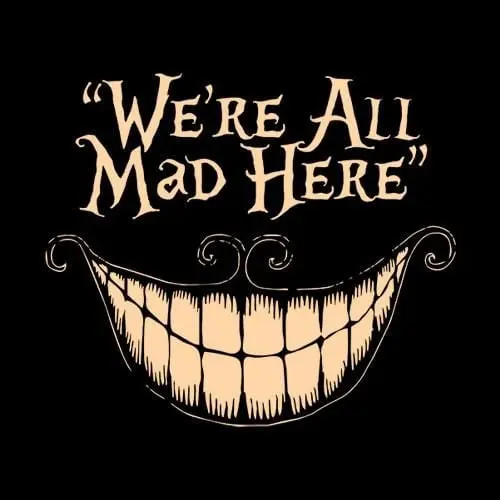The article about the “subscription” HP ink made me realise something.
Subscriptions aren’t a new idea at all. You could subscribe to paper magazines. And you got to keep them.
I’m just clearing up my old house and it’s filled with tons of old tech magazines. Lots of useful knowledge here. Wanna know how Windows and Mac compared in 1993? It’s in here. All the forgotten technologies? Old games, old phones, whatever? You’ll find it.
Now, granted. You’d only get one magazine a month. Not a whole library of movies or games or comic books.
But still, the very definition of subscription has shifted. Now, the common meaning is “you only get to use these things as long as you’re paying”. Nobody even thinks it could mean anything else.
Besides, it doesn’t only apply to services that offer entire libraries. Online magazines still exist in a similar form as the paper ones. But you only get to access them while your “subscription” is active. Even the stuff you had while you were paying.
BTW I’m not throwing my old magazines away. I won’t have the space, but a friend is taking it all. If they wouldn’t, I’d give them to a library or let someone take them. The online and streaming stuff of today and tomorrow? In 30 years it’ll be gone, forgotten and inaccessible.


There are issues now that hasn’t existed before:
Think P.T. It still exists only on a handful of PS4 consoles. Konami simply has no interest in releasing it.
Or all the MMOs and online games. Can’t even run your own server without some herculean effort.
Or games only on Apple TV (subscription to boot).
Magazines tend to be distributed in some weird formats that only one app can open.
Even when it comes to stuff like TV shows that were pulled from streaming services recently, some are completely gone because nobody thought to archive and distribute them. And who does, faces legal risks.
Some of these problems aren’t new, lost old media is a known issue, but wasn’t modern tech supposed to make things better?
(Not to mention reliance on technology in general. A good enough solar flare can wipe all the data on half the planet. That’s another topic tho.)
Is it a relatively new expectation of society that content should be indefinitely preserved? Prior to the widespread adoption of VHS I wouldn’t have thought it would be in the public consciousness.
I’d class myself on the ‘keep all the things’ side of any preservation argument as building on our cultural history can only be a good thing (artistically speaking - I don’t care much for the capitalist tears regarding copyright infringement). Yet I find it interesting, amusing even, that we expect, by default, that content should be preserved and readily available. In 100 years we’ll still be able to view any episode or ‘Mrs Brown’s Boys’ yet have no way to see Shakespeare’s premiere of ‘A Midsummer Night’s Dream’.
For clarity, in 100 years I still will not have watched even 1 episode of ‘Mrs Brown’s Boys’.
People used to preserve stuff througout history in libraries. One of the greatest losses of humankind was when the Library of Alexandria ceased to be. Then, further down the line, monks went to great lengths to preserve texts - albeit texts they only approved of, somewhat to be expected - by manually copying entire books and illustrating them (see illuminated manuscripts).
All these methods of preservation of knowledge were only limited by the technology available at the time. Pretty sure that if they had recording technology during Shakespeare’s premieres, they would have used it.
As a side note, spoken folklore - legends, songs, myths - is also a way of archiving, though one pretty prone to read/write errors.
I agree with OPs point of old magazines that used to have actual nice articles and advice. Hell, some used to offer very nice instructions to make stuff. Now I’m not sure what today’s magazines offer since I don’t really subscribe but most of the time you google ‘how do you make X’ you get articles along the lines of ‘thinking quickly, dave created x out of some hot glue and a spare x’.
Now is it relevant to preserve everything like all episodes of ‘insert random show’? Who knows? The point here as I understand it is that we have the technology to do it easier than ever. But we sort of don’t.
And to end with a pet peeve of mine also referenced in these comments - I hate Netflix removing series I’m in the middle of watching. Or, like, removing them at all.
Yep, and why is it wrong to expect that we can preserve things, if we have the means to do so?
If the only thing that stands in the way of preservation is DRM and similar nonsense, and not actual physical reasons, then yes, I think that expectation is pretty valid.
Especially when it comes to content that is culturally or otherwise relevant.
Or even if it isn’t, you never know what will be. Anne Frank didn’t start writing her diary expecting it will be so significant almost a century later.